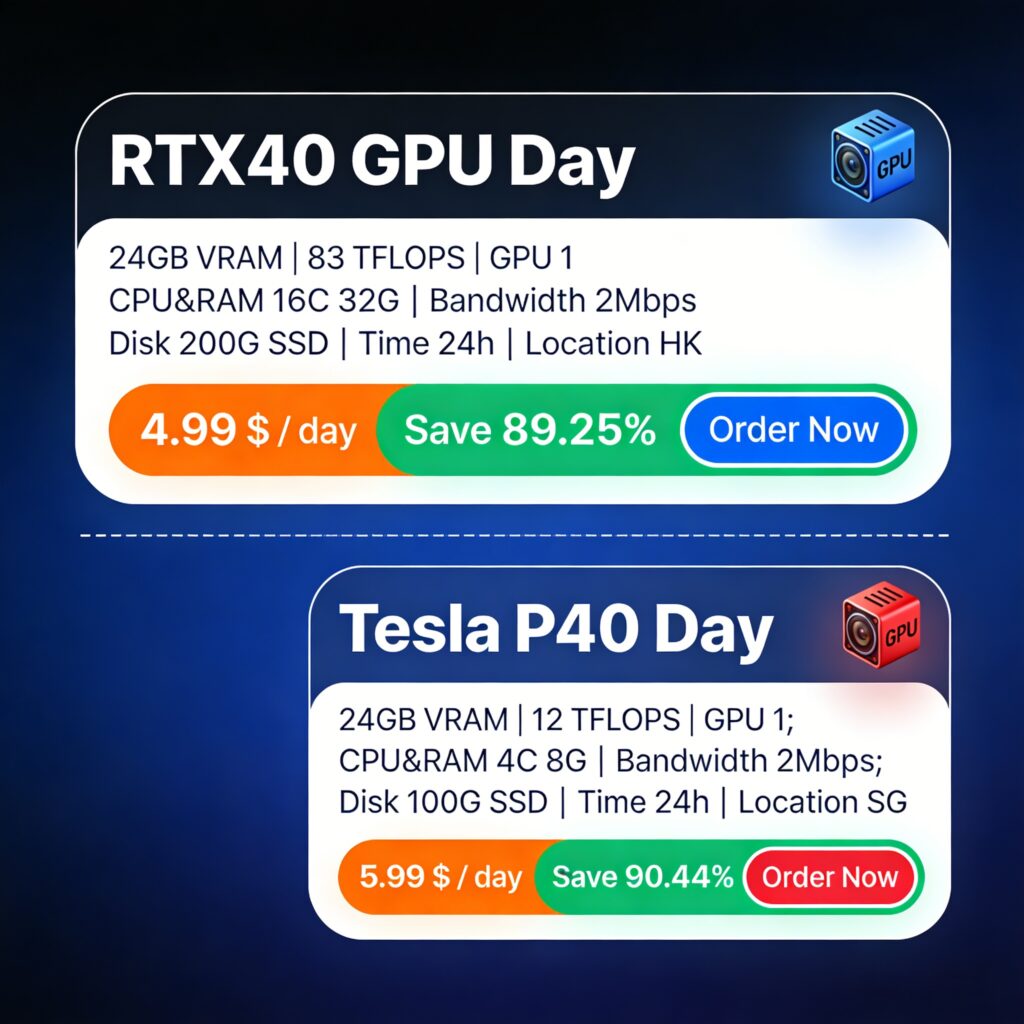In Linux and Unix-based systems, administrators and users often need elevated privileges to perform certain tasks. Two common commands for obtaining root or superuser access are sudo and su. Although both serve similar purposes, they function differently and are used
Changing the hostname in a Linux system is a common administrative task, especially for users setting up servers or customizing their environments. AlmaLinux, a popular RHEL (Red Hat Enterprise Linux) clone, provides an easy way to manage your system's hostname.
In Linux, transferring files securely between computers is a common task for system administrators and developers. One of the most widely used methods for secure file transfer is SCP (Secure Copy Protocol). SCP enables you to copy files between hosts
Managing users is a fundamental task for system administrators working with Linux. Whether you’re setting up a server or managing a development environment, knowing how to create new users is essential. This guide will walk you through the process of
The grep command is a powerful and widely used tool in Linux for searching specific text within files. This guide will walk you through the basics, common options, and advanced usage of grep to help you work more efficiently with
PM2 is a process manager for Node.js applications that simplifies the task of managing, monitoring, and optimizing Node.js processes in both development and production environments. It ensures high availability, scalability, and efficiency for applications running on a server.
Linux is a powerful and widely used operating system, especially in server environments. Mastering basic Linux commands is essential for system administrators, developers, and anyone working with Linux servers. This guide introduces you to the most important Linux commands, explains
PNPM (Performant NPM) is a fast, disk space-efficient package manager for Node.js. Compared to traditional NPM or Yarn, PNPM uses a clever strategy to store packages in a central content-addressable storage, resulting in faster installations and reduced disk space usage.
Google Chrome is one of the most widely used web browsers, known for its speed, simplicity, and powerful extensions. However, Chrome is not available in Ubuntu’s default repositories. This guide walks you through the process of installing Google Chrome on









